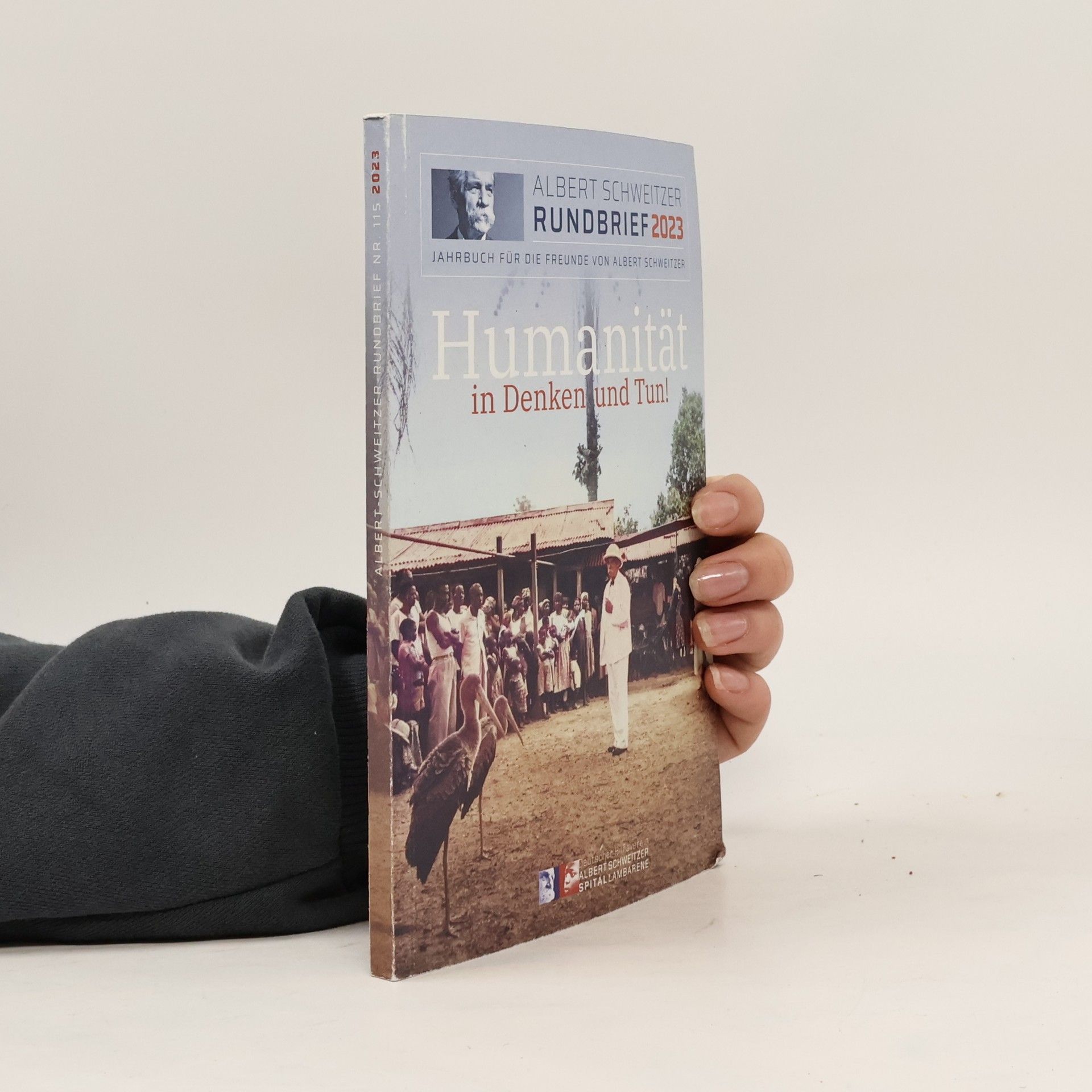Das Christentum und die Weltreligionen
Zwei Aufsätze zur Religionsphilosophie
- 124 stránok
- 5 hodin čítania
Die Auseinandersetzung mit nichtchristlichen Kulturen und Religionen beleuchtet die Einzigartigkeit des Christentums sowie die Vielfalt ethischer Konzepte. Albert Schweitzers Überlegungen zu diesen Themen sind nach wie vor relevant und werden in zwei bedeutenden Beiträgen erörtert. Ulrich Neuenschwander, ein Experte für Schweitzers Werk, bietet eine verständliche Einführung in das Leben und die Philosophie des Religionsdenkers, wodurch dessen Einfluss auf die heutige Diskussion verdeutlicht wird.













